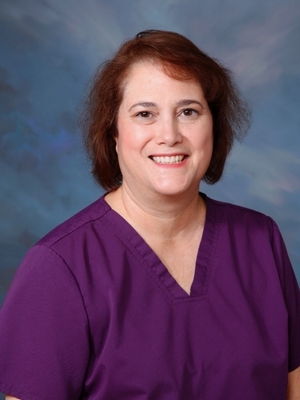Illness or Injuries
We remind you that our policy states children are to be kept home until 24 hours has passed in the case vomitting, diarrhea or fever over 100.0 without the use of medication to alleviate symptoms. We are not only concerned about spreading illnesses but also what other illness your child could pick up if their immune system has not recovered. It is our prayer that your children are healthy and avoid illness. In the meantime please encourage good nutrition, plenty of rest, and good handwashing.
The following guidelines are expected with regards to attendance at school in conjunction with student illness.
- Students with a temperature of 100 degrees or more, episodes of vomiting or diarrhea will be required to return home and may not return to school until they are symptom free without medication for 24 hours.
- Students who are deemed ill by the clinic may not attend or participate in extra-curricular activities until released by the school nurse.
- Students who leave school due to illness but fail to be dismissed through the clinic will be considered unexcused and will be subject to the academic penalties associated with an unexcused absence.
If a student requires medication during the school day, the parent must submit a Medication Administration Form to the Clinic and provide the medication in the original container to the nurse. Students are not permitted to keep medicine (including over the counter) in their possession while on campus and/or on school-sponsored trips. The only exception to this guideline would be emergency medication accompanied by a doctor's note. Students may not distribute medications of any sort (prescription or over the counter) to other students.
The clinic and school should be notified when students have injuries, illnesses, or surgical procedures that will impair his or her ability to attend classes normally. By communicating directly with the School Nurse, the most timely information about the student's condition is managed consistently and confidentially. This allows for medical accommodations to be devised and communicated to the necessary faculty in a timely manner. In collaboration with the Academic Dean, plans for transition back into normal classroom attendance and participation, as well as the management of makeup work can be created as needed. Contact: mmsmith@gcagators.org - (757) 547-9595 ext 311 and attendance@gcagators.org .
The parent/guardian of students that require the use of a mobility assistive device in school; for example, crutches, wheelchair, cane or walker should provide documentation to the school nurse from a hospital or medical practice. This documentation should include the name of the hospital/ medical practice and provider's information (physician, nurse practitioner, physician’s assistant, physical therapist or school athletic trainer). To provide a safe environment this documentation (and other related documentation) should include the following:
- Reason for use
- Duration (length) of use (with dates)
- Ability to use stairs
- Any activity restrictions
- Any special instructions
The school nurse will review the documentation and develop and implement a plan to accommodate the student during the school day to include field trips. The parent/guardian must provide the crutches, wheelchair, cane, or walker.
Flu: www.cdc.gov/flu
Cold vs Flu: https://www.cdc.gov/flu/symptoms/coldflu.htm
General Respiratory Virus Information From Virginia Department of Health
Respiratory viruses commonly cause illness such as flu, COVID-19, and respiratory syncytial virus (RSV), especially in the fall and winter. There are actions you can take to protect yourself and others.
- Stay up to date with immunizations
- Practice good hygiene
- Take steps for cleaner air
- When you have a respiratory virus:
- Use precautions to prevent spread
- Seek health care promptly for testing and/or treatment if you have risk factors for severe illness; treatment may help lower the risk of severe illness
Preventing Spread of Illness
Students, teachers, and staff who have symptoms of a respiratory virus can protect others by staying home when sick. Those who have been sick can return to school and child care when, for at least 24 hours, both of these are true:
- Their symptoms are getting better overall, AND
- They have not had a fever (and are not using a fever-reducing medication such as acetaminophen or ibuprofen)
When people who were sick begin returning to their normal activities, it is important that they take added precautions for 5 more days to prevent spreading illness to others. These added precautions can include taking additional steps for cleaner air, hygiene, masks, physical distancing, and/or testing to inform your actions to prevent spread to others.
Immunizations
It is important for students, teachers, staff and their families to stay up-to-date on the immunizations that are recommended for them; for example, getting a flu shot every year. This can help reduce the severity of the illness, reduce the risk of death, and can also help reduce the chances of getting sick.
Testing
Testing is an additional strategy to help protect students, teachers, and staff. While testing is not always necessary, it can help identify if someone is infected with a specific virus so that they can make decisions about treatment and learn how to prevent the spread of the virus to others.
.png)

